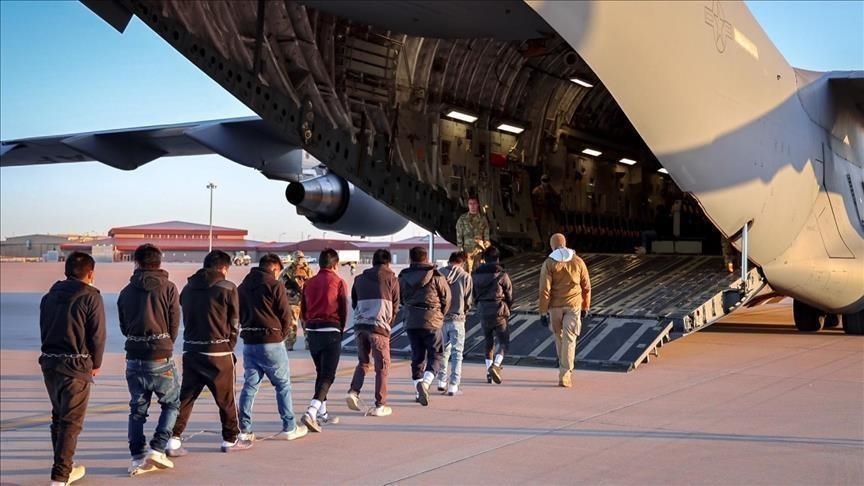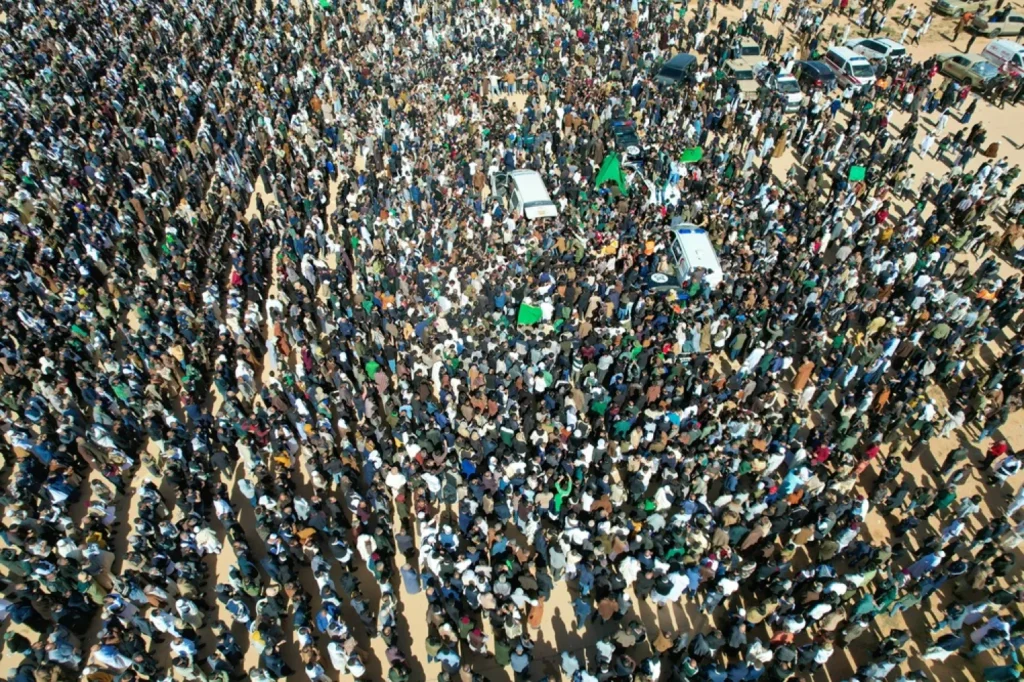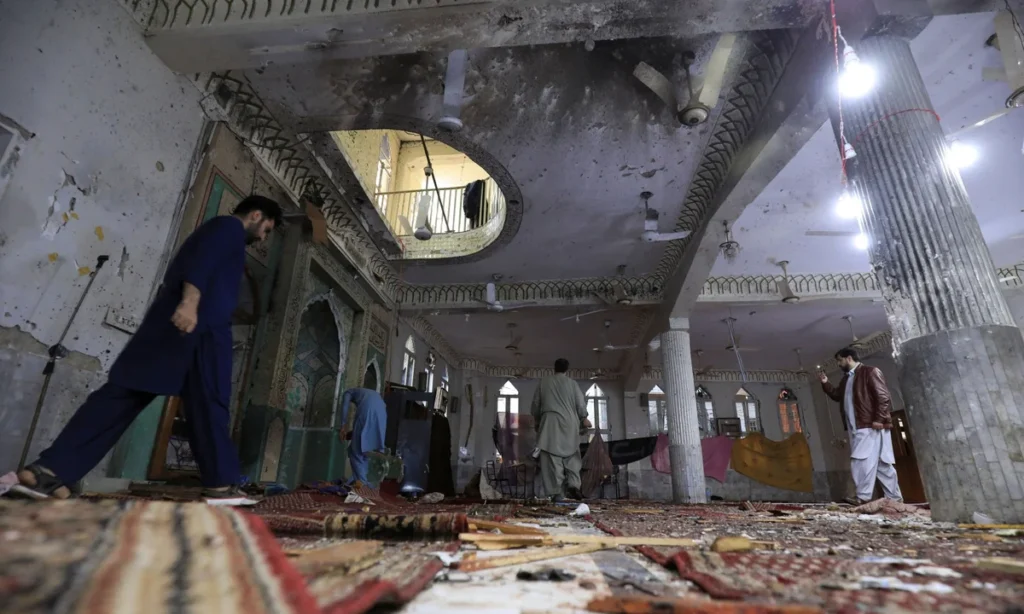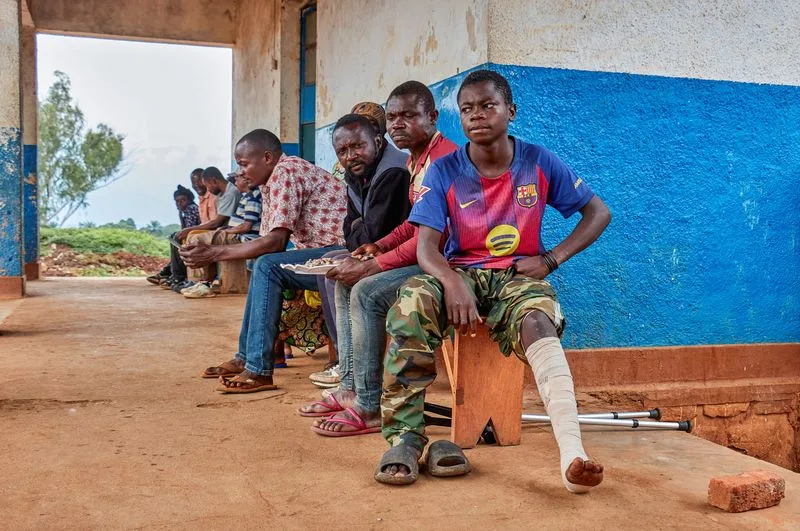
Human rights lawyers in Eswatini have challenged a secretive deal with Washington to accept deportees, calling it unconstitutional and unlawful.
The case, lodged at the High Court, was postponed until September 25 after the government failed to file its response papers.
Attorney General Sifiso Khumalo dismissed the lawsuit as baseless, describing it in a message to Reuters as a “frivolous legal application.”
In July, five deportees from Vietnam, Jamaica, Laos, Cuba, and Yemen were sent to Eswatini, all previously convicted felons.
Authorities confirmed the men remain in solitary confinement until arrangements can be made for their eventual repatriation.
The Eswatini Litigation Centre argues the deal violated constitutional procedure since it bypassed parliamentary approval and lacked public transparency.
Lawyers say the conditions of the deportees remain unknown because no outside observers have been permitted to visit them.
Lead applicant Mzwandile Masuku stressed accountability, demanding respect for human rights and state transparency in matters of international consequence.
The government maintains the detainees pose no threat, describing the pact as rooted in strong diplomatic ties with the Trump administration.
Eswatini, ruled by King Mswati III as Africa’s last absolute monarchy, faces mounting criticism over secrecy in its governance.
The International Organization for Migration confirmed Eswatini requested “post-arrival assistance,” though it has yet to decide on involvement.
A spokesperson for the agency said discussions with the government are ongoing but did not specify the scope of potential support.
The controversy highlights Trump’s broader push to deport millions, including deals with smaller nations willing to accept third-country migrants.
The postponed hearing leaves unresolved questions about legality, accountability, and the fate of those deported to Eswatini’s guarded confinement.




